Scientists have made a breakthrough in the development of artificial brains, creating a more energy-efficient model that could revolutionize the field of computer science. Researchers at the Francis Crick Institute have successfully replicated several functions of a biological neuron using an electronic imitator, paving the way for the creation of compact, energy-efficient computers inspired by the human brain.
According to Dr. Zhao, lead researcher on the project, "Our artificial neuron is designed to mimic the behavior of a biological neuron, but with a significant reduction in energy consumption. This could have a major impact on the development of artificial intelligence and machine learning systems." The team's findings were published in the journal Nature Electronics, where they detailed their approach to creating an artificial neuron that can learn and adapt like its biological counterpart.
The development of artificial brains has been a long-standing goal in the field of computer science, with researchers seeking to create systems that can learn and adapt like humans. The current model, which relies on traditional computing architectures, is energy-intensive and limited in its ability to process complex information. The new artificial neuron, on the other hand, is designed to be more efficient and flexible, making it an attractive option for a wide range of applications.
Dr. Weston, an expert in neural networks, noted that "the development of artificial brains is a crucial step towards creating more intelligent machines. However, it's also a complex and challenging field, requiring significant advances in materials science, computer engineering, and neuroscience." The team's breakthrough is seen as a major step forward in this area, with potential applications in fields such as healthcare, finance, and transportation.
The implications of this breakthrough are far-reaching, with the potential to create more efficient and effective artificial intelligence systems. According to Dr. Zhao, "our artificial neuron could be used to develop more advanced machine learning systems, enabling applications such as personalized medicine, autonomous vehicles, and smart homes." The team is currently working on scaling up the technology, with plans to integrate it into a range of devices and systems.
As research continues to advance, the potential for artificial brains to transform various industries and aspects of society becomes increasingly clear. With the development of more efficient and effective artificial intelligence systems, we can expect to see significant improvements in areas such as healthcare, education, and transportation. The future of artificial brains is bright, and researchers are eager to explore the possibilities of this groundbreaking technology.
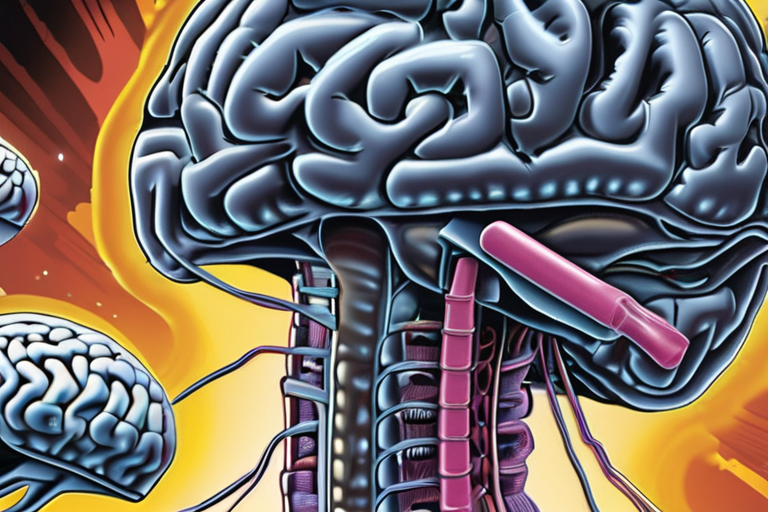

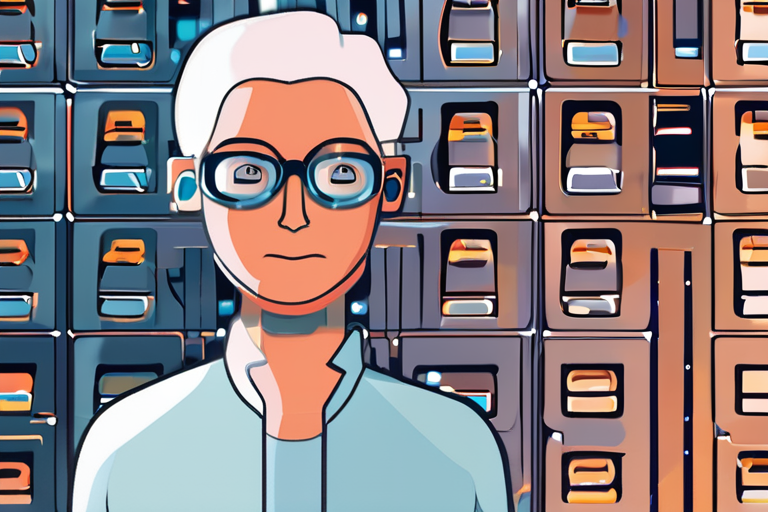
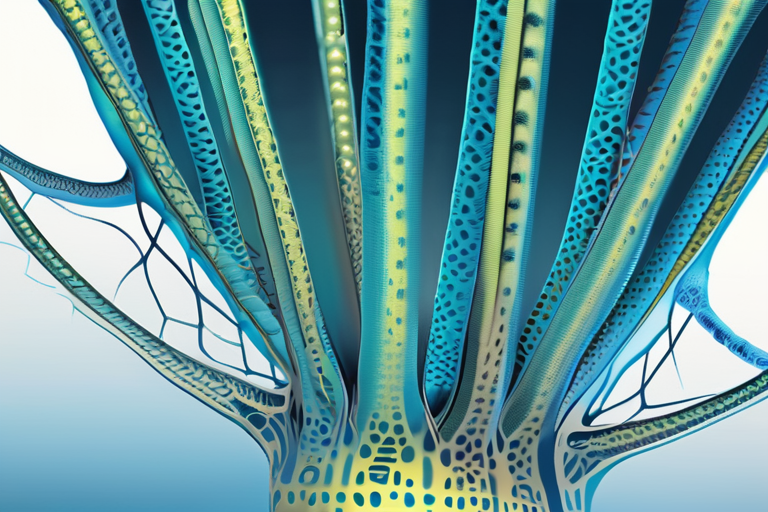
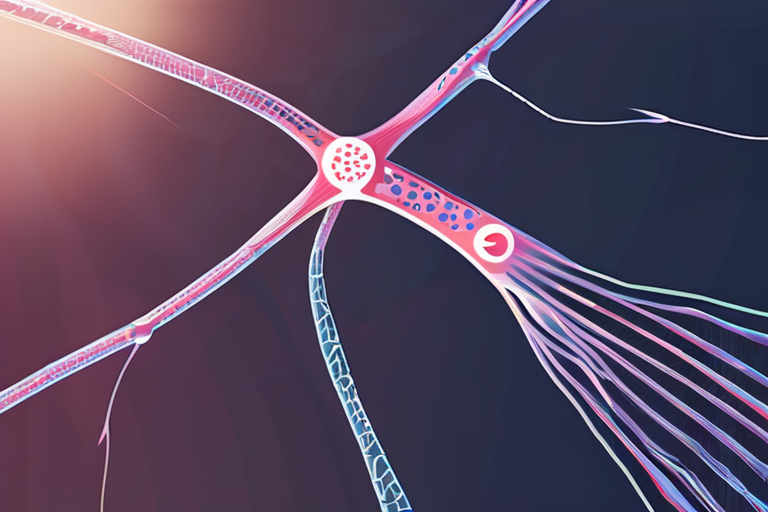
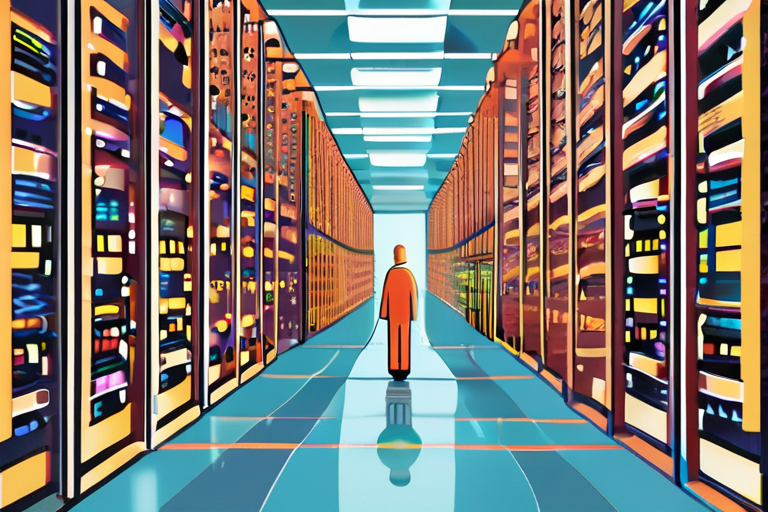
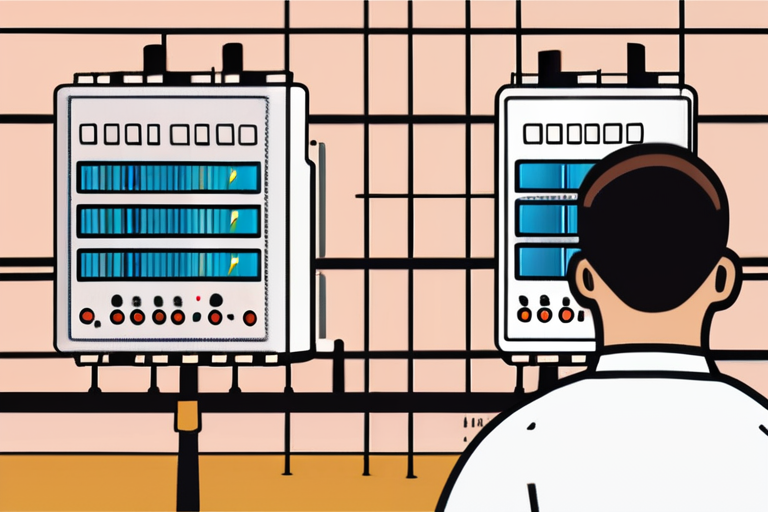
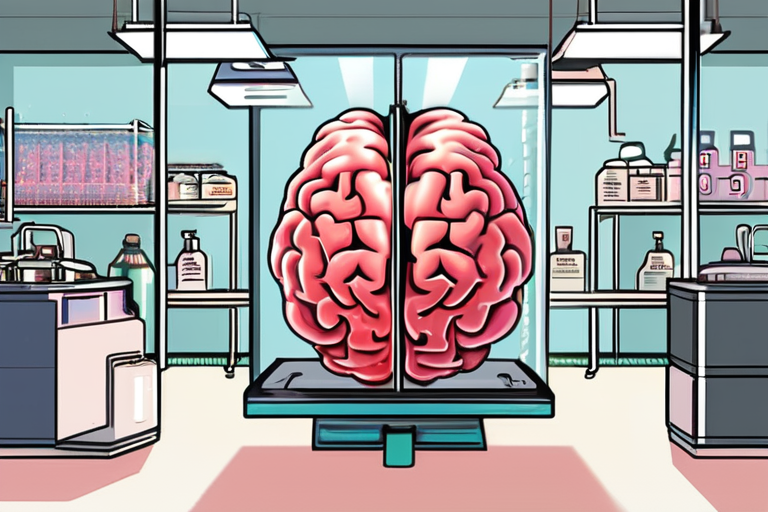
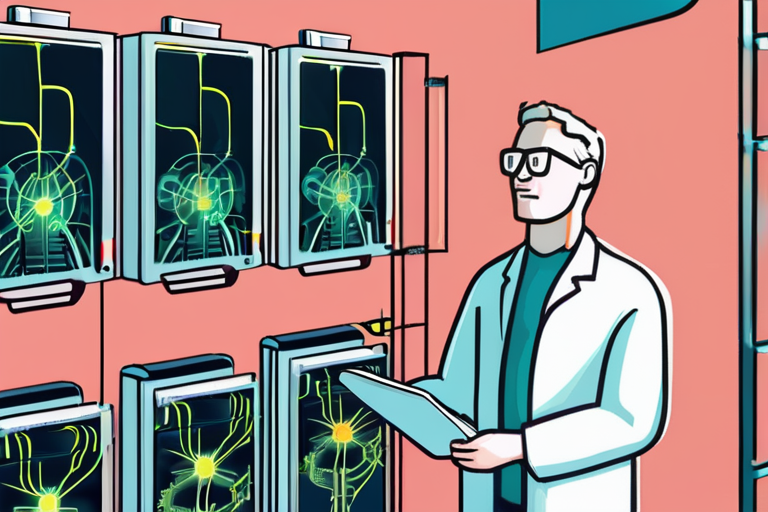
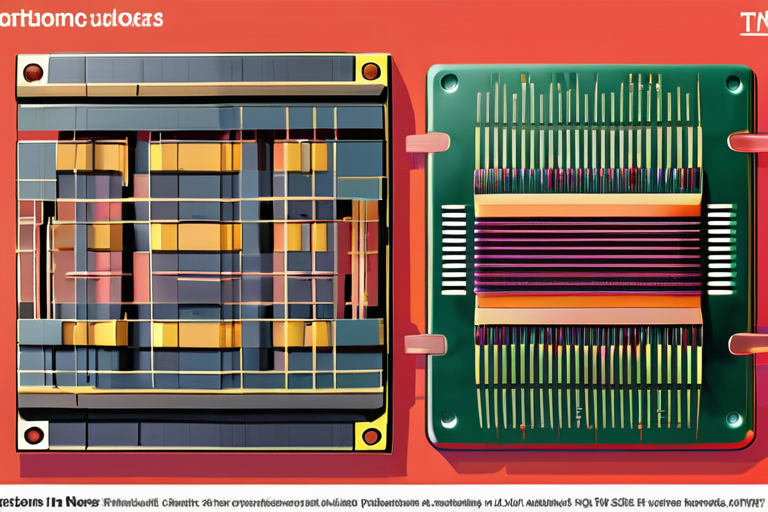
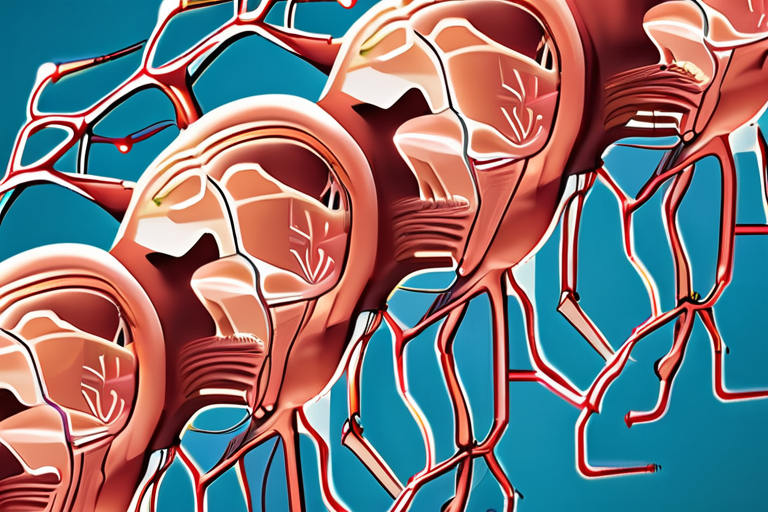
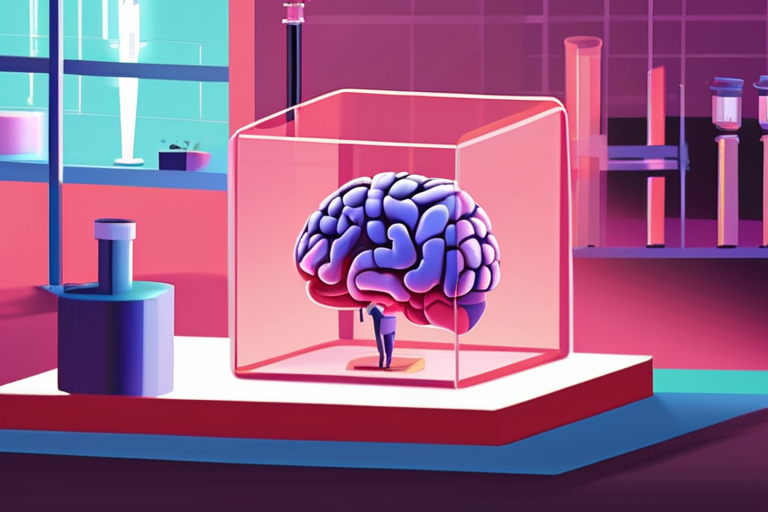
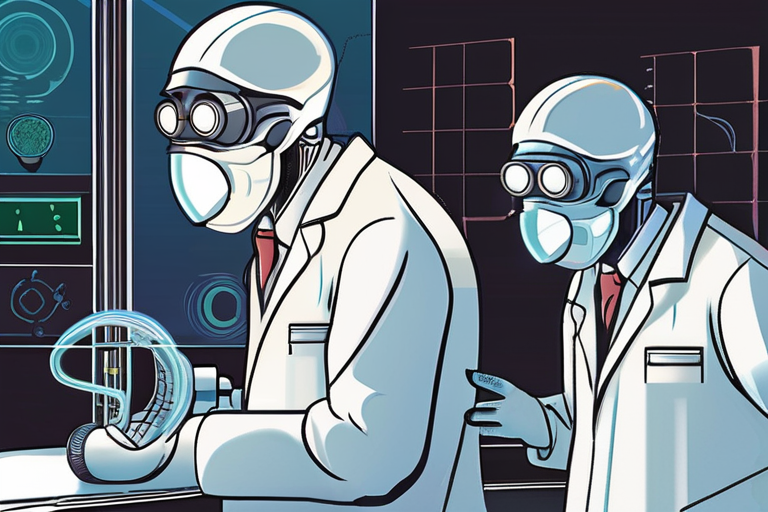
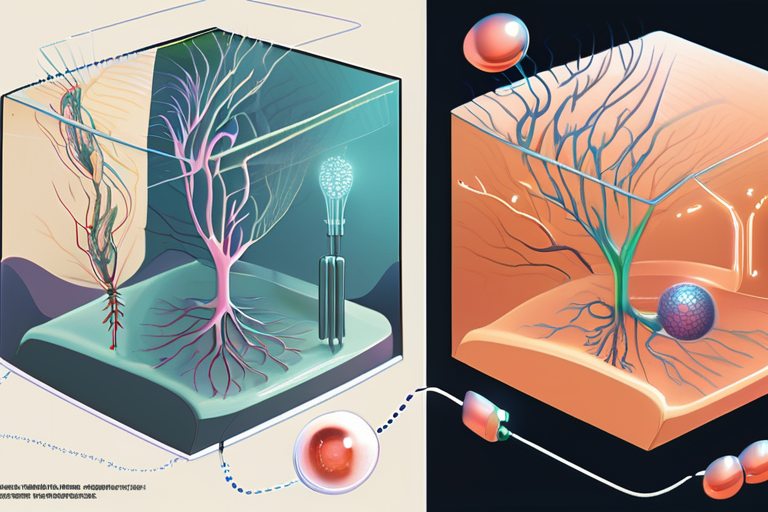


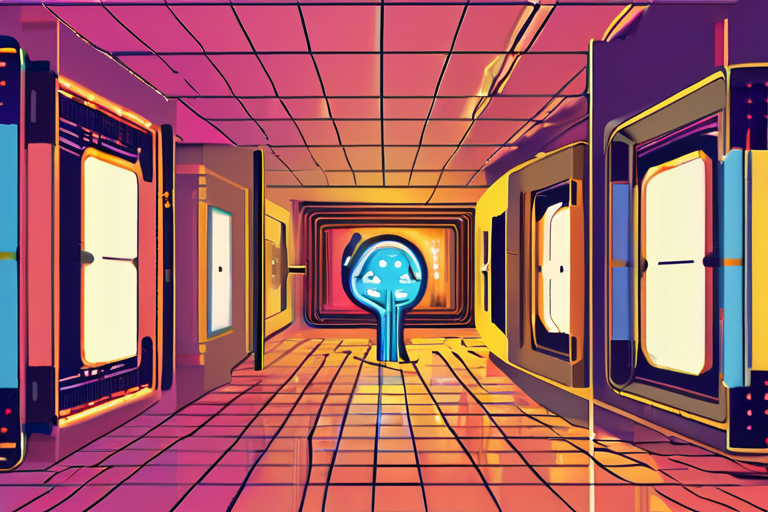
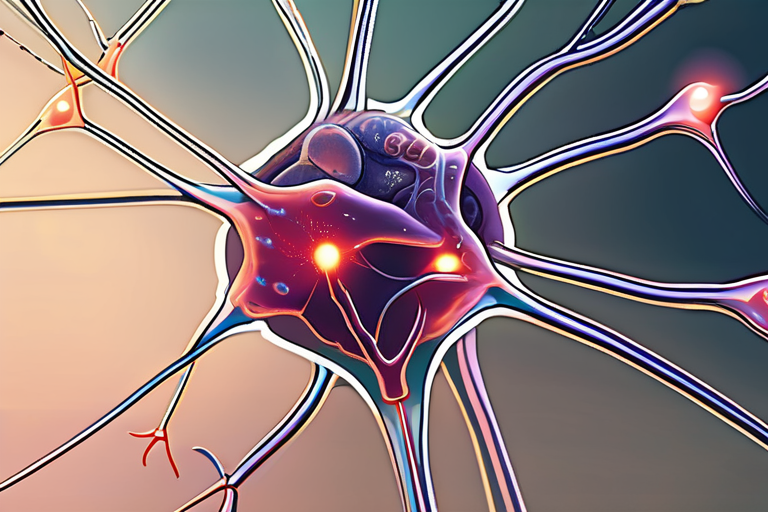
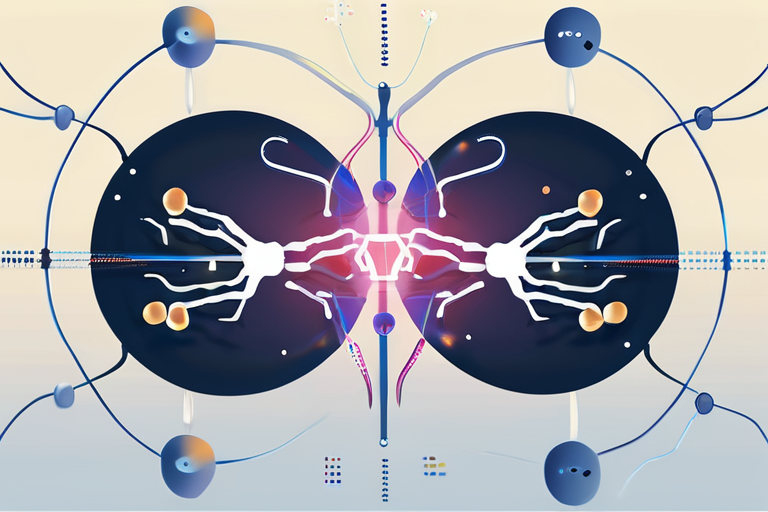
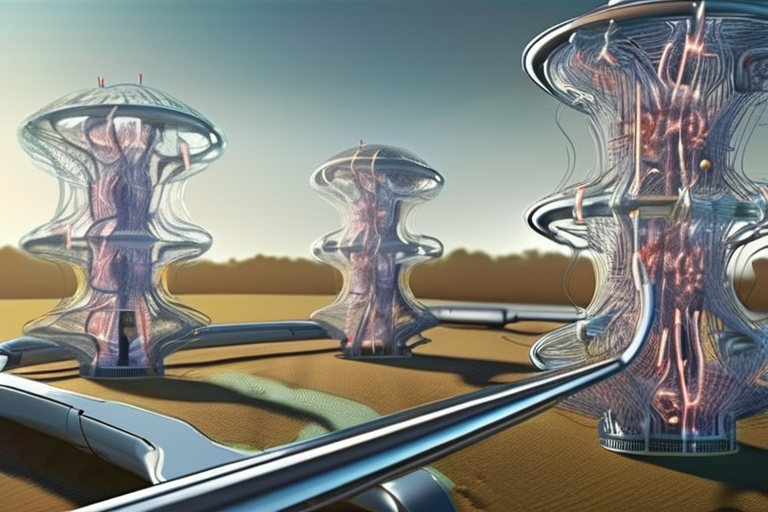
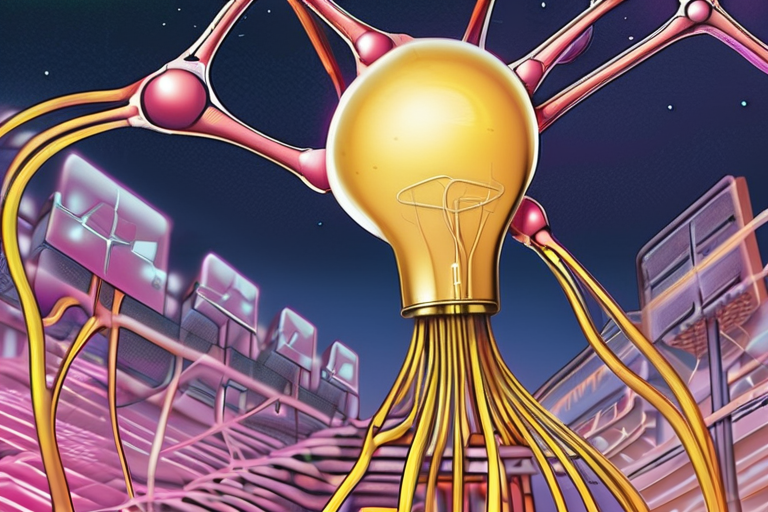
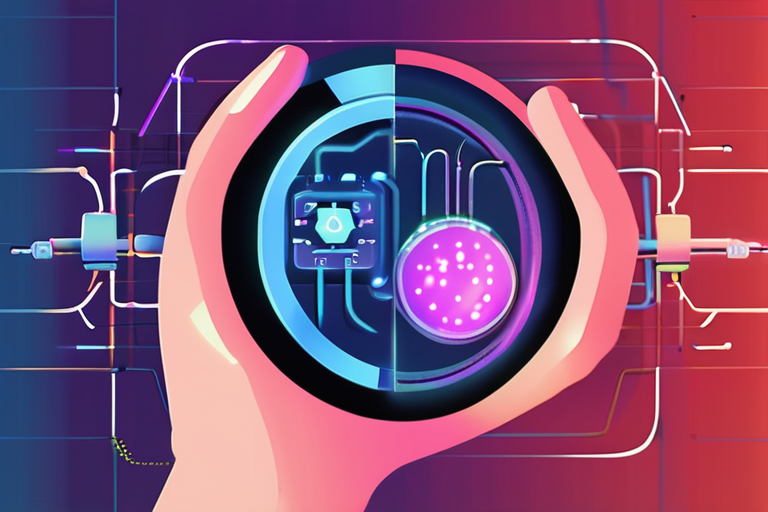

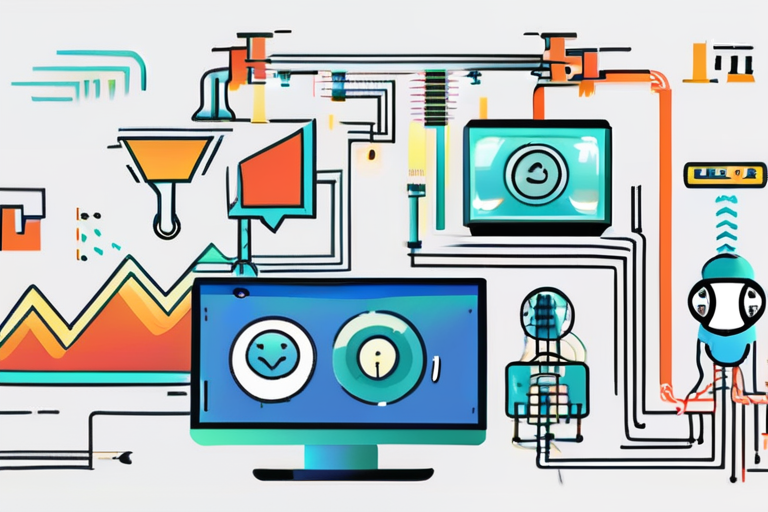
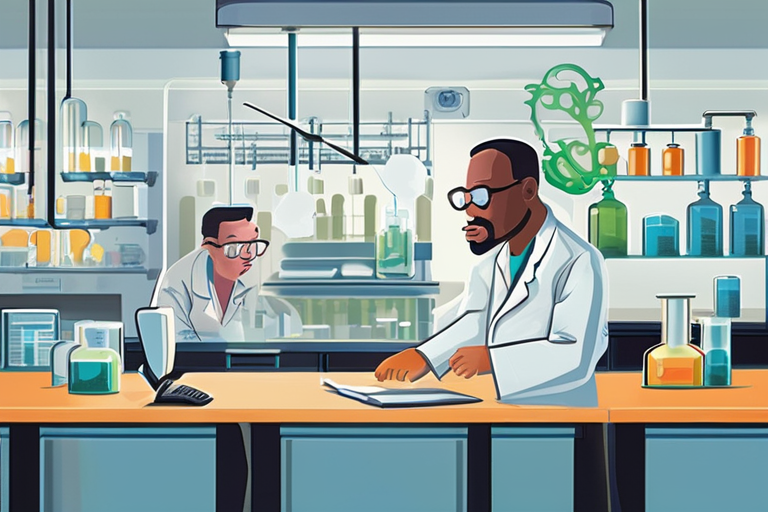
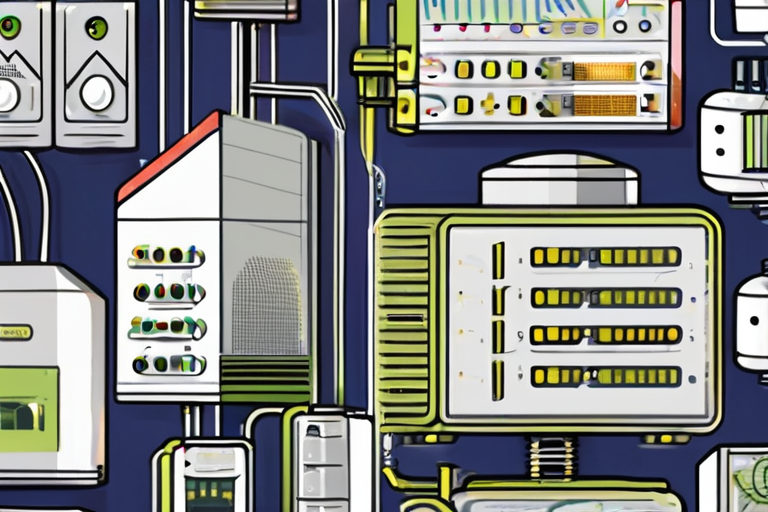
Share & Engage Share
Share this article